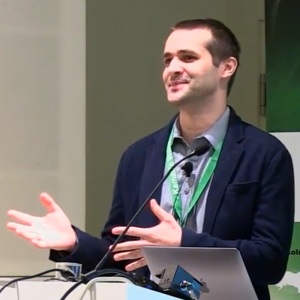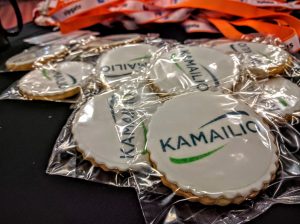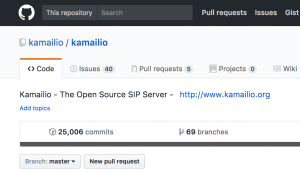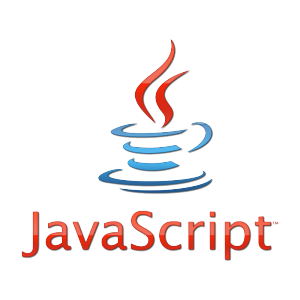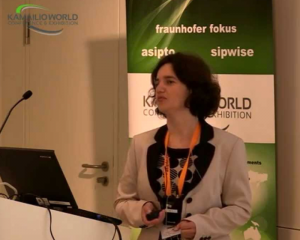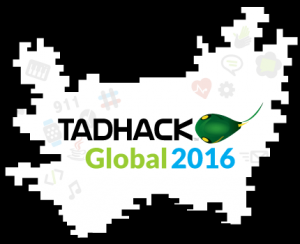2018 just started, time to look at upcoming events during the next few months where you can meet with Kamailio folks.
- Fosdem, Feb 3-4, 2018, in Brussels, Belgium – the yearly conference for free and open source developers in Europe, which has become a place to meet with many Kamailio friends, by now at a traditional dinner event. Daniel-Constantin Mierla will give a presentation as part of RTC Devroom on Sunday, Feb 4, 2018.
- IT Expo, Feb 13-16, 2018, Fort Lauderdale, Florida, USA – meet with Fred Posner and other Kamailio friends as well as peers from Asterisk and FreeSwitch projects
- Digium Asterisk World, Feb 14-16, 2018, Fort Lauderdale, Florida, USA – Fred Posner will give a presentation about Kamailio as part of the conference track
- Mobile World Congress, Feb 26 – Mar 1, 2018, Barcelona, Spain – Carsten Bock and NG Voice will be there with their own stand in the expo area. Quobis will participate as well, once again part of the Spain pavilion. Barcelona is the home town of Voztelecom, they can be met at the event.
- Call Center World, Feb 26 – Mar 1, 2018, Berlin, Germany – Daniel-Constantin Mierla can be met on premises at the event
- Kamailio Advanced Training, Mar 5-7, 2018, Berlin, Germany – the event to learn how to build and deploy professional VoIP and RTC services with Kamailio
- Fossasia, Mar 22-25, 2018, Singapore – the yearly conference for free and open source software in Asia, Daniel-Constantin Mierla will give a presentation during this event
- Kamailio World Conference, May 14-16, 2018, Berlin, Germany – two days and a half of workshops and conference sessions dedicated to Kamailio and related projects. The event where to meet many of Kamailio developers. Do not miss it!
Should you participate or be aware of other events with sessions related to Kamailio, write us and we will happily make a news article about them!
Thanks for flying Kamailio!
